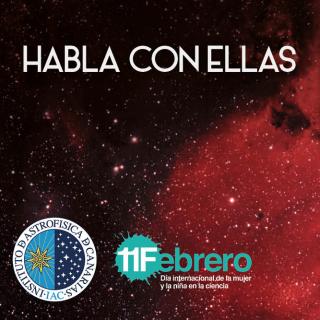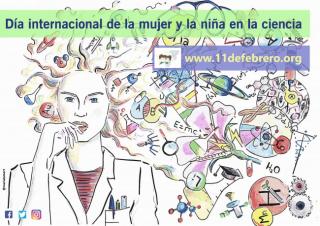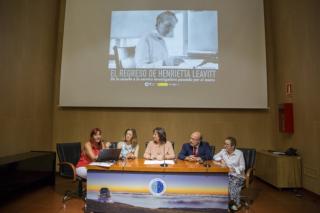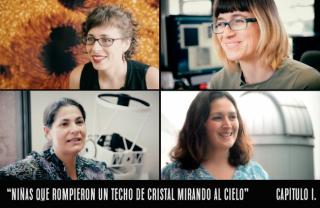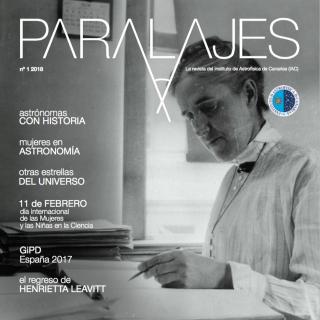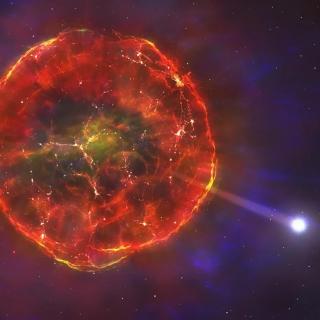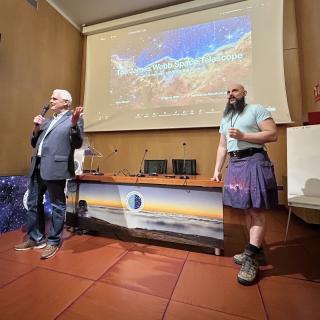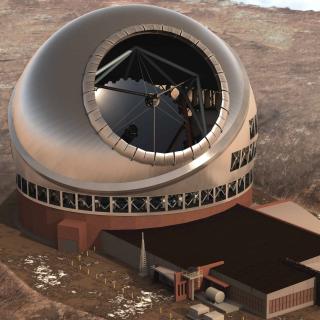The Instituto de Astrofísica de Canarias (IAC), which has 94 female researchers and engineers, consolidates its commitment to gender equality by participating in more than ten actions to join this February 11. Among the aims of commemorating this day are the promotion of scientific and technological vocations among girls and young women and the visibility of the role of women in the development of science.
In 2015 the General Assembly of the United Nations proclaimed 11th February as The Day of Women and Girls in Science. The aim of this date is to promote the access, the full participation, and the empowerment of women and girls in science, and to publicize the work of women scientists. This is accompanied by encouraging a vocation for research in young girls using examples of women who have had successful procesional careers in science or technology. With these objectives the Instituto de Astrofísica de Canarias is organizing and participating in a set of varied activities, from videoconferences with educational centres to itinerant exhibitions.
Interaction with women astronomers and engineers, the centrepiece of the programme of activities
To show its active commitment to gender equality the IAC is offering a programme of activities adapted to the present pandemic situation, focusing on the work of outreach and motivation for young and adolescent girls, not only in the Canaries, but in the whole of Spain. Some of these activities will take place during the present month, and many others will extend throughout the school year.
The IAC, through its Outreach and Press Unit, is organizing the fourth edition of the project “Habla con Ellas: Mujeres en Astronomía”, which consists of a set of videoconferences with educational centres by 27 astrophysicists and engineers of the IAC and of other collaborating institutions. In these activities, they explain their work, talk about their field of research, and answer questions from the students about scientific and technological careers, about the Universe, or about the methods used to improve our knowledge of it. This project is open to all educational centres in Spain, from primary school to pre-university level, and will be taking place from February to June.
A large number of women astrophysicists and engineers at the IAC are also participating in a variety of activities organized by other institutions, such as the project Mujeres Científicas Canarias, promoted by the Department of Education, Universities, Culture and Sport of the Canary Islands’ Government, together with the Fundación Canaria Observatorio de Temisas and the Asociación de Investigadores de Las Palmas. This is an itinerant exhibition about women scientists and technologists who work in research centres and universities in the Canaries, plus a lecture or a workshop in each participating school, given by one of these professionals. Another of the activities is Chatea con una Astrónoma, organized by the Woman and Astronomy Comission of the Spanish Astronomical Society (SEA) that will be carried out on February 17th during the whole day, and in which several women astronomers from the IAC will be participating. The IAC also takes part in the initiatives Mujeres Canarias Con-ciencia, of the Canary Institute of Equality, a co-educational school calendar with didactic pieces about Canary women who are working in different fields of science, and the project Women in Science (WINS) from the Postgraduate and Specialization Department of the CSIC (Higher Council for Scientific Research), an interactive presentation of the participants via personalized avatars.
In addition, there will be in-person lectures and workshops in many educational centres in the framework of a variety of projects, such as the European Solar Telescope (EST), the New Robotic Telescope (NRT) and the Educational Project with Robotic Telescopes (PETeR), as well as those organized via the 11th February platform.
To complete the programme there will soon be a presentation in Tenerife of the itinerant exhibition AstrónomAs, whose non-virtual version comprises 16 explanatory panels, and whose digital version (www.astronomas.org) includes information about 289 women astronomers all over the world.
Commitment to equality in scientific careers
In the last 15 years there has been a notable development in the policies of equality in R+D+I in Spain, influenced by a normative impulse to gender equality at a national level, especially based on the Organic Law 3/2007 for effective equality between men and women, and also by the directives, initiatives and recommendations in the framework of the European Union. For the IAC this responsibility marks a strategic line of development and it is put into practice through the Plan for Equality, which is now reaching its third renewal. To give an example, in this plan there is a formal measure, the “fulfilment of balanced representation” which is carried out through several actions designed to increase the number of women in positions of responsibility, or the study and implementation of positive actions to increase the representation of women in the research and instrumentation divisions.
However, the barriers encountered by women and girls when accessing a scientific career are persistent, and this is due to obstacles which are often subtle, and end up by determining inequality which is evidenced by the choice of studies by girls and which is worsened the further one goes into scientific and technological careers.
Even so, there is currently a positive tendency, according to the biannual report Women Scientists in Numbers 2019, which shows a slow increase in the fraction of women researchers. They make up 41% of research personnel in our country, above the European average of 34%.
Regarding the IAC, the number of women researchers in training has risen from 37% in 2017 to 48% in 2021, and there has also been an increase in the proportion of researchers in permanent positions, from 14% in 2017 to 22% of the total in 2021. In overall figures, in 2021 there were 58 women on the scientific staff and 36 women engineers. Among these latter, there has been an improvement in STEM (Science, Technology, Engineering and Mathematics) personnel, in which the proportion of women has risen from 26% in 2017 to 34% in 2021.
In Spain as a whole there was also a growth in the proportion of women at higher levels in the research career at the universities and OPI’s (Public Research Institutes) with 44% of Associate Professors or postdoctoral researchers, and 24% among Full Professors at Universities.
